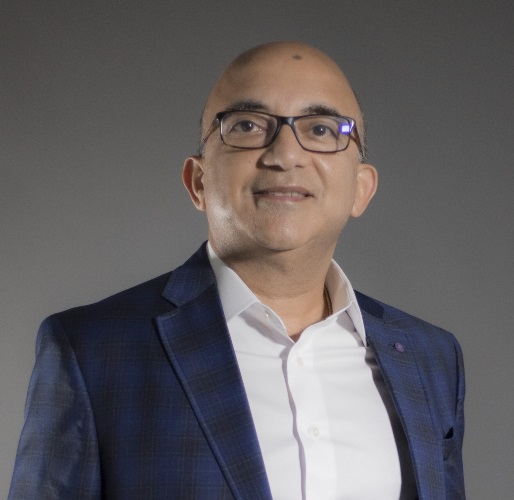It all began with this tweets:
Two pieces of wisdom that have helped me the most so far:
- Build Life Worth, not Net Worth
- If you stop chasing money, you will never be short of it.
Ever since I put out this short messages on Twitter, LinkedIn and Facebook, my inbox was flooded with messages asking me to explain what I meant by Life Worth and Net Worth.
Quite simply, Life Worth is the impact or contribution of one’s life on humanity from which current and future generations benefit, and Net Worth is the financial wealth and property one accumulates in a lifetime.
I argue that if we focus on maximizsing our Life Worth without worrying about building our Net Worth, our wealth and property needs will be automatically taken care of. In other words, we need to be steward leaders. Steward leadership is the genuine desire and persistence to create a collective better future. Steward leaders create value by integrating the needs of society, stakeholders, future generations and the environment.
I’ve been teaching this concept of Net Worth and Life Worth in my executive education classes for quite some time now. While a lot of people agree with the idea, it has some critics as well. The most common criticism goes something like this: “It is easy to preach higher purpose when you’ve already made it. For the rest of us, we still need to make money first, so that we feel safe and happy.”
A participant in one of my recent seminars (let’s call him Joe) pushed back with a similar comment. Here’s a summary of the conversation that followed:
Me: Why do you want to accumulate more wealth and property? You are already better off than 99% of the people in this world.
Joe: I want my family to have the best of everything. … a big house, luxury cars, fancy vacations, the best education…. My kids should have all the things I craved for as a child, and more. So, I will continue to strive for more.
Me: Why do you want your family to have the best of everything?
Joe: Because it makes me happy.
Me: At what level of wealth will you and family be happy?
Joe: I don’t know … We still have a long way to go.
Me: When you get there, are you sure you and your family will be permanently happy?
Joe: I think so …. I certainly hope so.
Me: So, can we assume that everyone who has that much, or more, is really happy?
Joe: Err … I don’t know.
And therein lies the problem. There’s no guarantee that we will be truly happy even if we succeed in accumulating huge amounts of wealth. Joe is not the only one. Most of us knowingly or unknowingly are in the same trap. We keep postponing our happiness in pursuit of more material wealth. Most of us never really ask ourselves what happiness truly means to us. In the absence of an honest answer, we use wealth as a proxy for happiness.
Please don’t get me wrong. I am not against making money. I was not trying to convince Joe to give up on his desire to become wealthy. My only question to him is this: You want to make money by doing what?
Unless he wants to do something unethical like stealing, or work on something he hates, to make the big money he wants, Joe will need to give to the world something it needs – and it better be something he is passionate about giving.
In other words, he really needs to imagineer** his life worth. These are the kinds of questions he needs to ask himself to do so:
- What pressing problem can I solve to make others’ lives better?
- What do I feel most passionate about giving to the world?
- What kind of work do I find so satisfying that I lose track of time while doing it?
- What will my children be proud of me for?
- When my life is over, will it have been worth living?
(** Imagineer is a made-up word involving two steps: 1) Imagining the impact one wants to have, and 2) reverse engineering to make it happen. It was invented at Alcoa in the 1940s and popularized subsequently by Disney)
If he can answer these questions with full emotional integrity; and go about making his imagined Life Worth a reality, his Net Worth will take care of itself. Either he will create a product or service the world badly needs, and make tons of money because of it, or he will find a profession that gives him so much joy and satisfaction (like nursing, serving in the army, or research) that his need for material wealth will be significantly reduced. Either way, he would have found true happiness. In this sense, irrespective of its size, Net Worth becomes a subset of Life Worth.
So what? Where should we go from here? My one advice: Don’t think of Maslow’s Hierarchy of Needs as a hierarchy. We all make the mistake of thinking that we can only give to the world after we’ve made it ourselves. We can create value by creating a collective future. Find your stewardship purpose and use the Steward Leadership Compass to guide your decisions. Instead of asking yourself how much wealth you need to accumulate to be able to retire, ask yourself what positive you impact you want to have on the world. As I explained earlier, if you focus on building your Life Worth, your Net Worth needs will be met one way or another.
Posted 10/02/2023

















